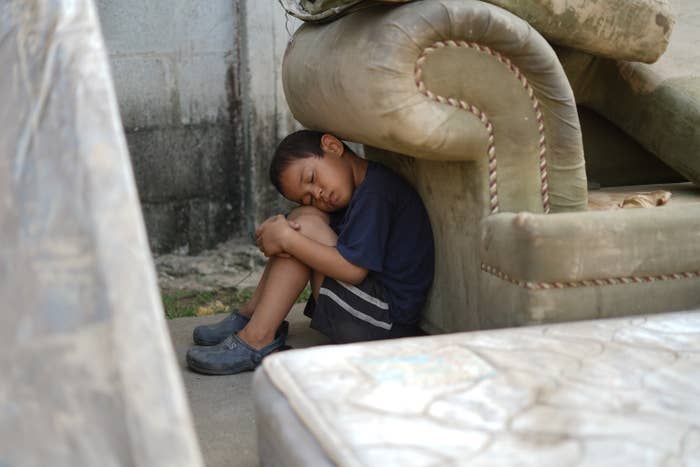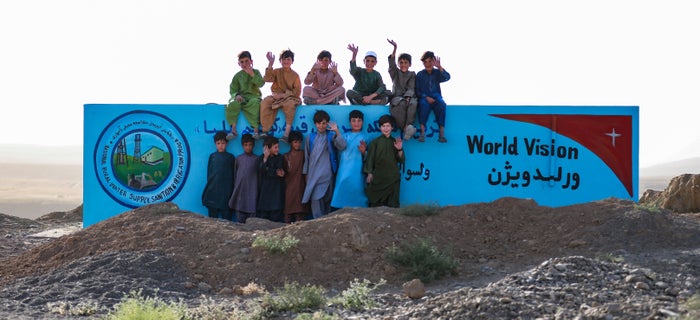WARNING this story contains sensitive content
“I pray, God give me the strength to go home, I don't know when I'm going to go." - Omar
Omar (6) and his sister Lupita (8) cannot go home. It doesn’t exist anymore. In early November Hurricanes Eta and Iota devastated communities across Honduras and Central America. Winds, flood waters and landslides destroyed houses, roads, crops, businesses, schools and lives.
In Honduras, 59,160 families were evacuated by Hurricane Eta and 4.5 million people have been affected. The eye of the storm passed through San Pedro Sula, Omar and Lupita's home town.
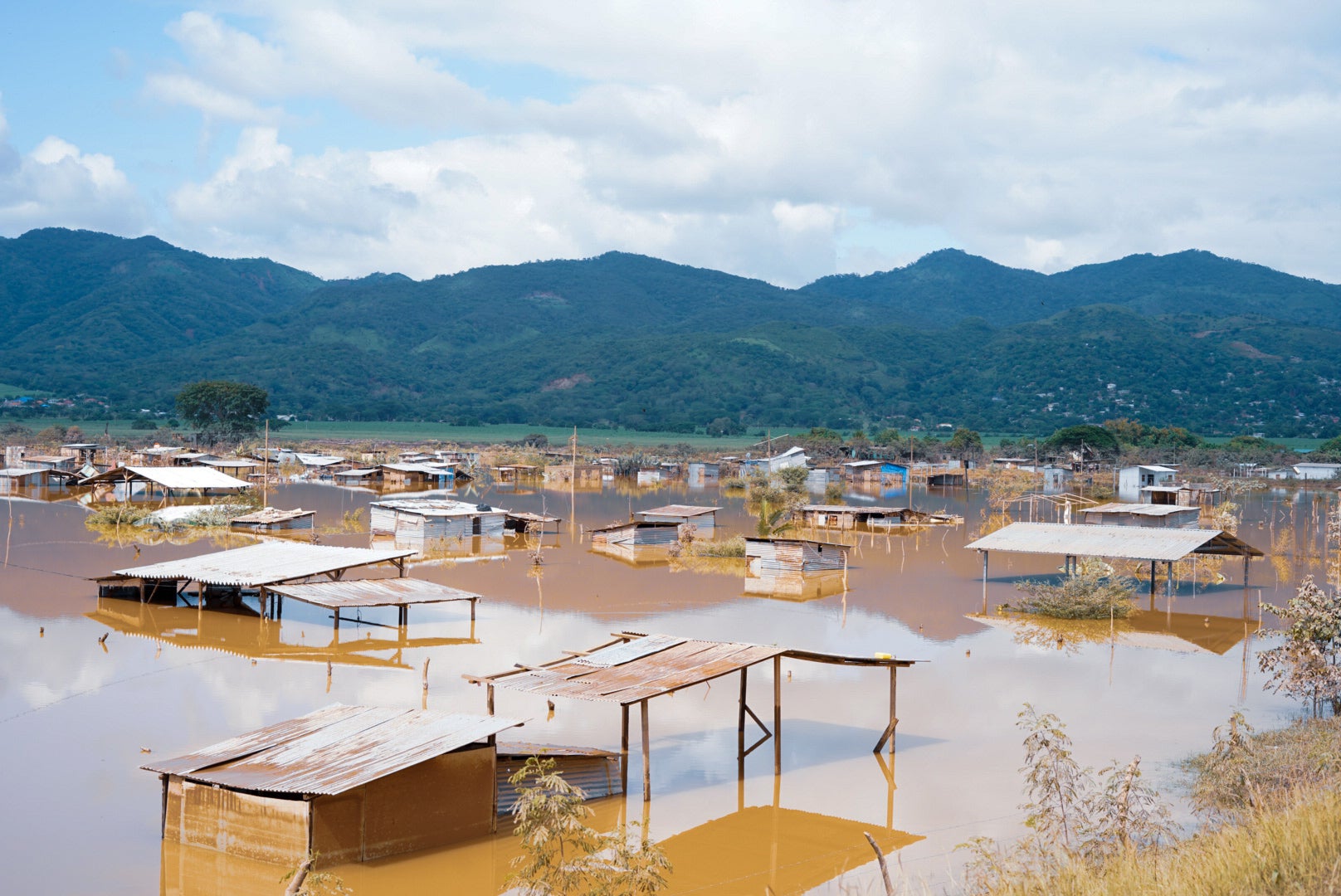
Flooded houses on the side of the roads in Pimienta, Cortés.
André Guardiola
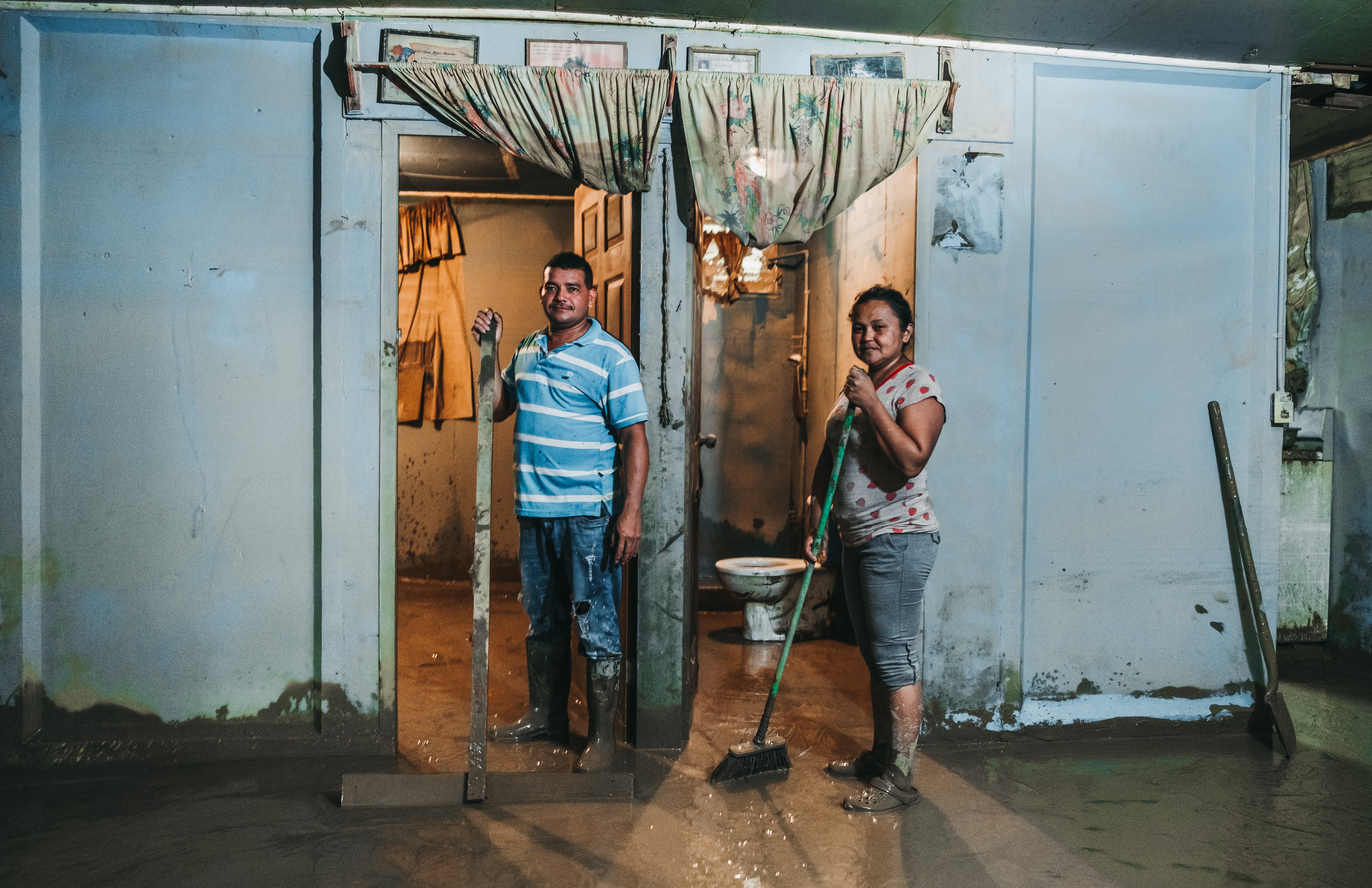
A family returns home to begin cleaning mud and sludge left by flood waters.
“Everything was ruined. The things in my house, everything was ruined. The water reached high up to the cable (electricity), and fire came out. The water reached the ceiling. That´s why we came to this school (shelter). And in the street the water current carried us. My mum was holding me, she carried me,” Omar recalls.
To help families survive their immediate needs, hundreds of shelters were set up. For those who lost everything, a safe place to sleep, food and basic essentials were vital, especially for parents trying to protect their children.
As flood waters subsided, many families returned home to see what was left of their lives. Cleaning and repairing began for many, but for families like Omar and Lupita's, there simply was nothing left to save.
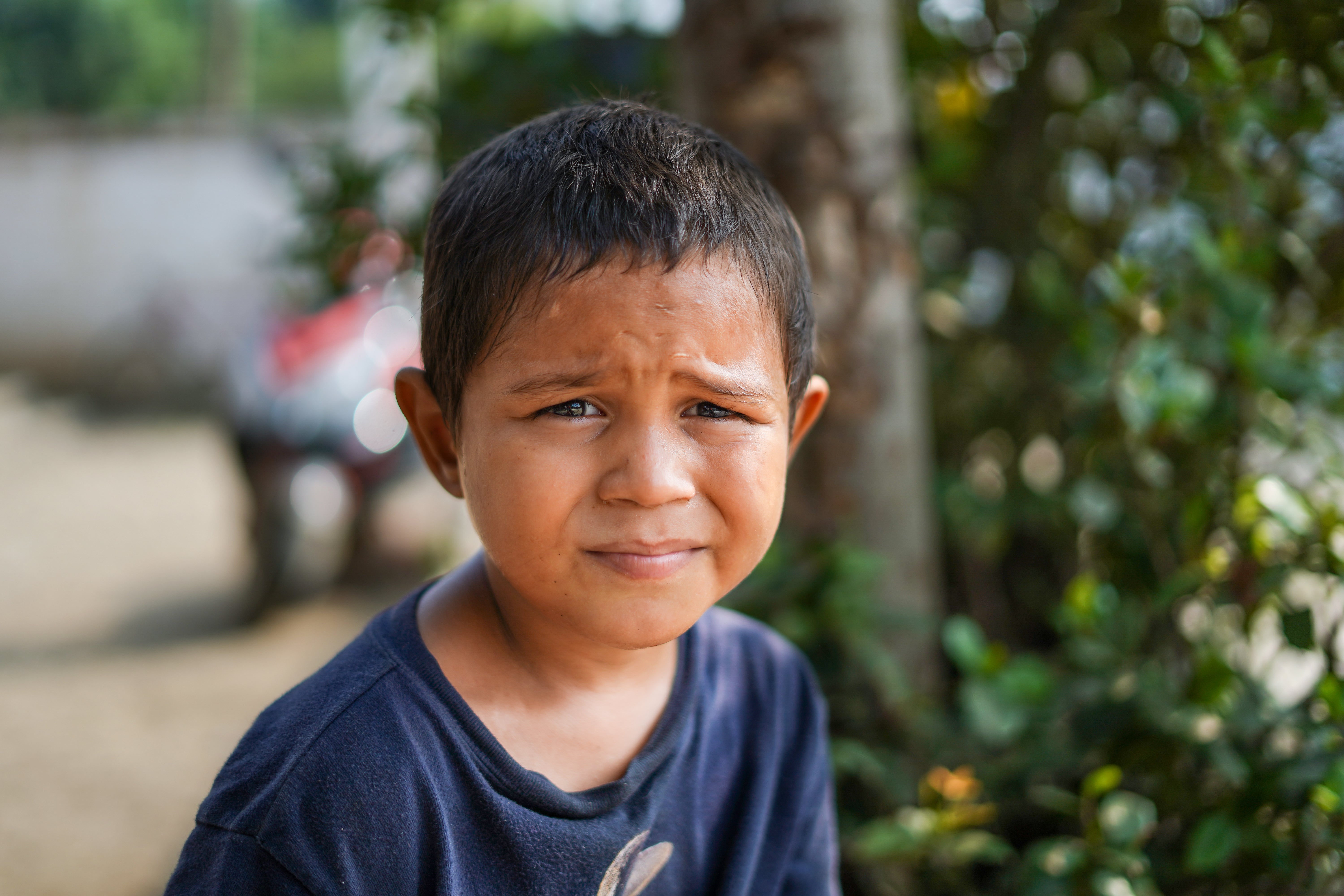
Having lost everything, Omar struggles to see how the future looks up ahead.
Rafael Zaldivar, Catherine Turcios
With nowhere else to go, Omar and Lupita were living in the shelter with their parents. Extended Covid-19 lockdowns, the shock of the hurricanes, the subsequent loss and the uncertainty of the future began to overwhelm Omar. Staff noticed visible signs of sadness and anxiety.
Thankfully, World Vision set up a Child Friendly Space (CFS) in his shelter.
In crisis and in disaster zones World Vision helps children to survive traumatic events with physical and psycho-social support. Child Friendly Spaces allow for fun, laughter, play and relief. Professionally designed activities encourage children to express their feelings and ultimately learn coping mechanisms.
At first, Omar was resistant, choosing to hide behind an old couch. But he gradually started to pay attention and the classes helped him find a sense of calm and trust.
Through the classes the siblings were able to express their heartbreak at losing their puppies to the flood waters. Omar shared about missing his toys: a bike, a ball, a heart-shaped pillow and the grass where they used to play.
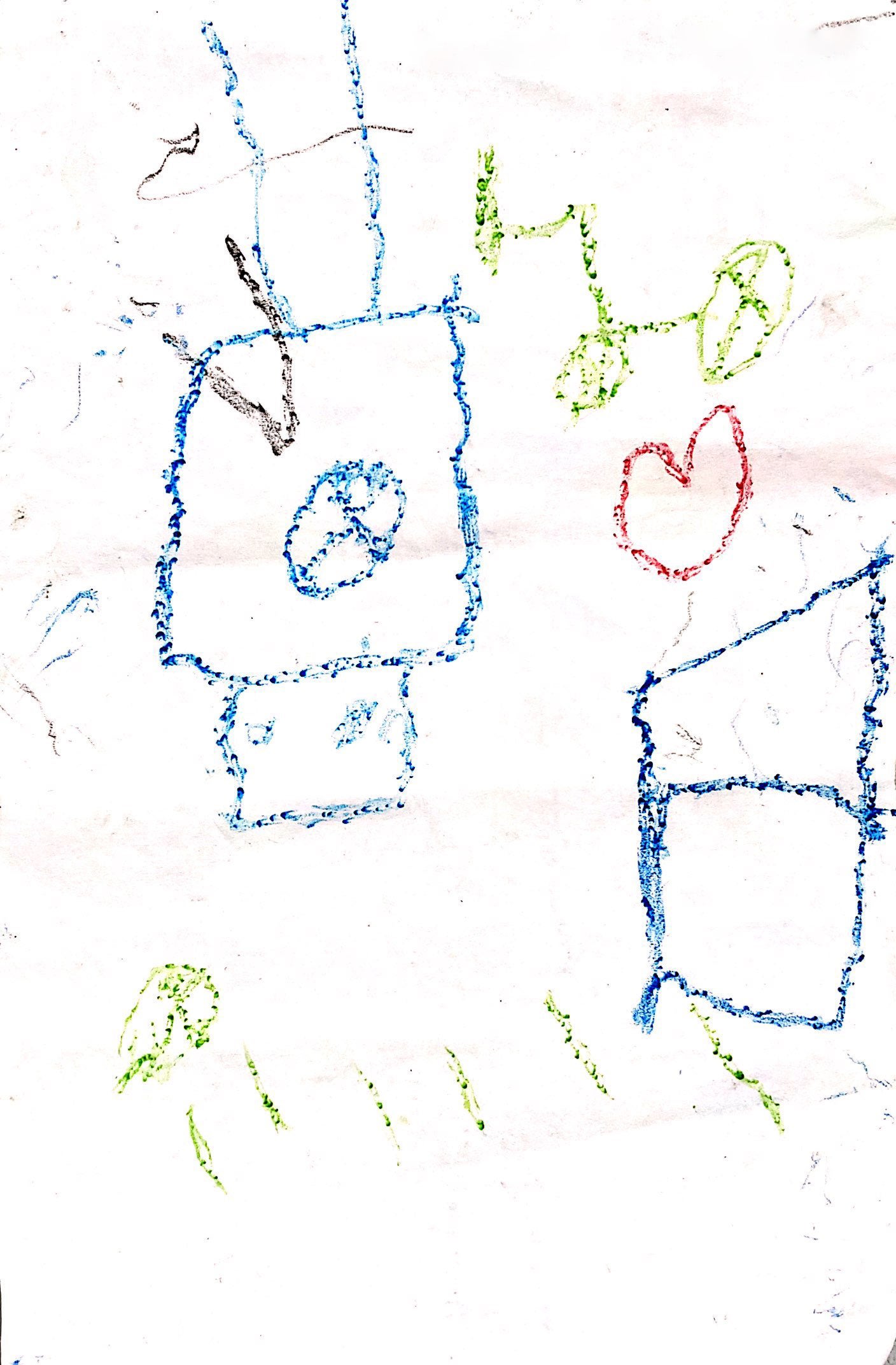
Omar's drawing of the things he misses. His bike, puppies, ball, grass where he used to play and his heart-shaped pillow.
Omar
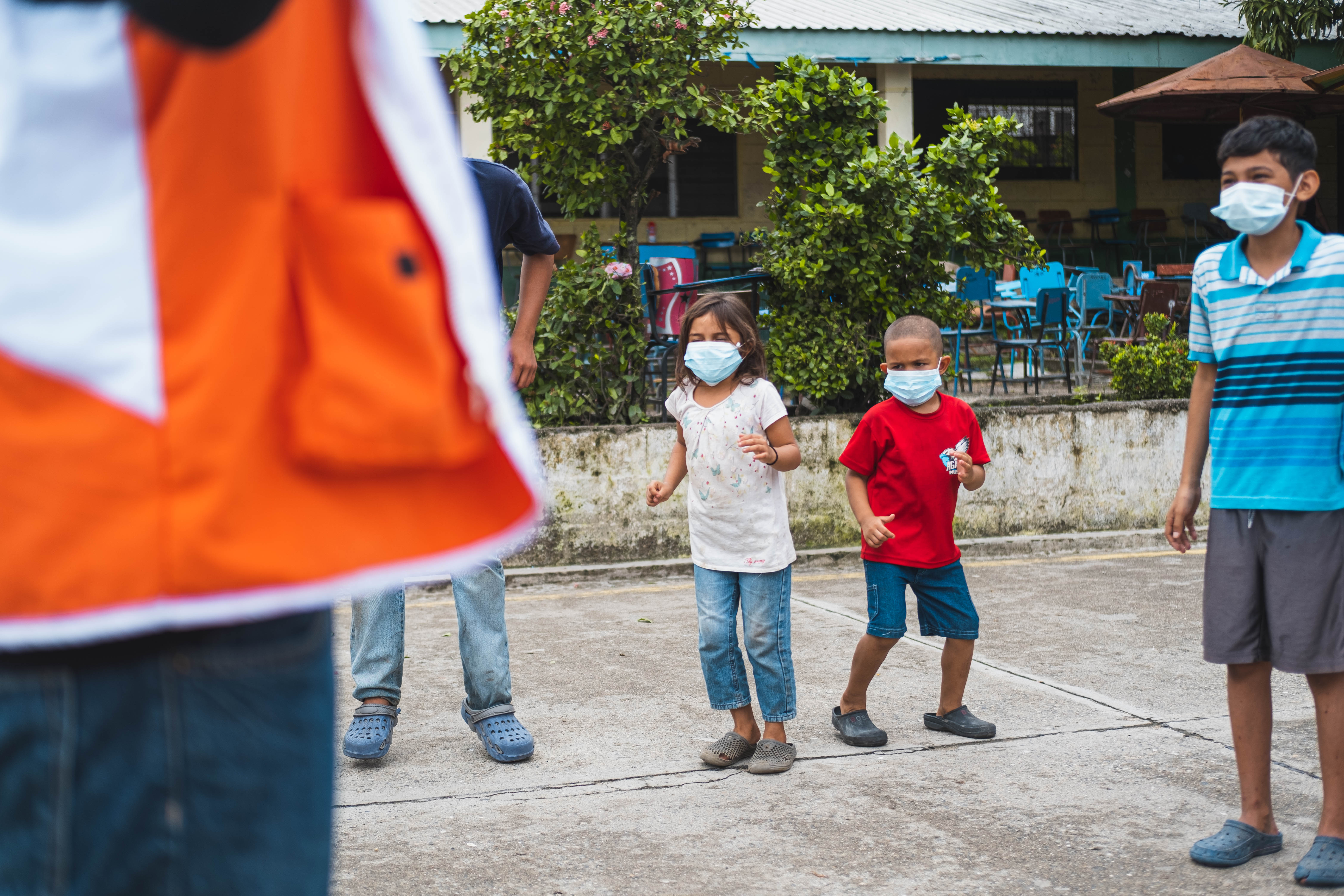
Omar and Lupita dance at a CFS class.
Rafael Zaldivar
In places World Vision sets up Child Friendly Spaces, coping mechanisms are vital. For children living in the world's most dangerous places having tools to cope emotionally can change their life and future.
UPDATE 12 DECEMBER The day our communicator, Rafael, returned to interview Omar about his recovery, Omar's father was shot and killed in plain view of his children. He was crossing the road right outside of the school which served as their shelter when members of a gang fired at him.
This is not the end of Omar's story. We never lose sight of hope or why Childhood Rescue exists. Because no matter where a child lives, they deserve to survive, recover and build a future.
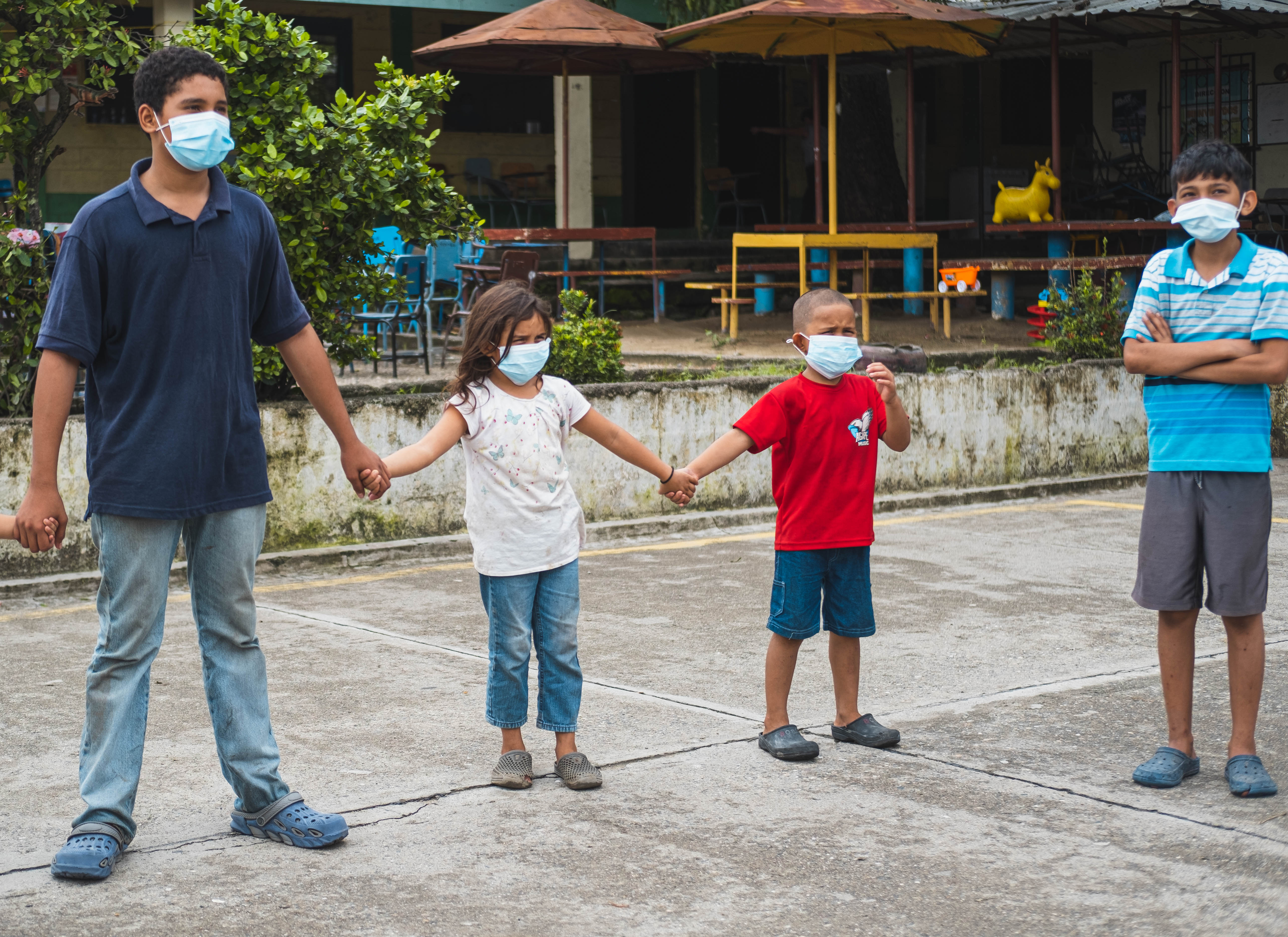
Omar and Lupita, holding hands as they play a game in their CFS class.
Rafael Zaldivar
